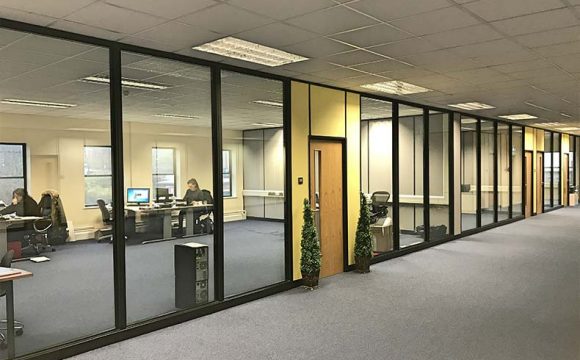Selling a home involves ensuring the property is in top shape before putting it on the market. One way to do this is through building inspection. A building inspection involves a thorough assessment of the property’s structure and systems by a professional inspector.
Pros
- A building inspection can help identify potential problems with the property before they become serious issues. It can save sellers from having to pay for costly repairs down the line or even losing buyers due to unexpected issues that arise during the sale process.
- By providing a comprehensive report of the property’s condition, sellers can build trust with potential buyers. Inspecting a home thoroughly and removing any major concerns will make buyers feel more confident about purchasing it.
- If sellers fail to disclose known defects in their property, they could face legal action from buyers after closing. A building inspection can help highlight any issues that need attention, allowing sellers to address them proactively rather than reacting defensively later on. If your home has a clean bill of health from a building inspector, potential buyers are more likely to make an offer.
Cons
- A building inspection can cost several hundred dollars, depending on the property’s size and complexity. It can be daunting for some sellers who are already facing other expenses as part of their pre-sale preparations. While identifying potential issues is one benefit of an inspection, finding out about previously unknown problems is unsettling for sellers and buyers alike.
- If significant issues are found during an inspection, buyers may use this information as leverage in negotiations over the sale price or repairs. It can result in sellers making concessions they weren’t prepared for.
- Having an inspection done can add time to the already lengthy home-selling process. Sellers may need to wait for the results of the inspection before moving forward with listing their property or negotiating offers.
pros and cons of building inspection for home sellers
Not all states and regions require building inspections. Despite not being required by law, sellers may still choose to have an inspection done to ensure their peace of mind. A standard building inspection will cover the property’s structure and systems such as electrical, plumbing, and HVAC. Some properties may require additional inspections depending on their age or location. For example, homes built before 1978 may require a separate lead-based paint inspection. Whether or not to have a building inspection done when selling your home comes down to weighing the potential benefits against any drawbacks or costs. It can help identify potential problems early on and build trust with buyers but could also uncover unknown issues and slow down the selling process. Real estate agents should assist sellers in making their final decision based on their circumstances.









